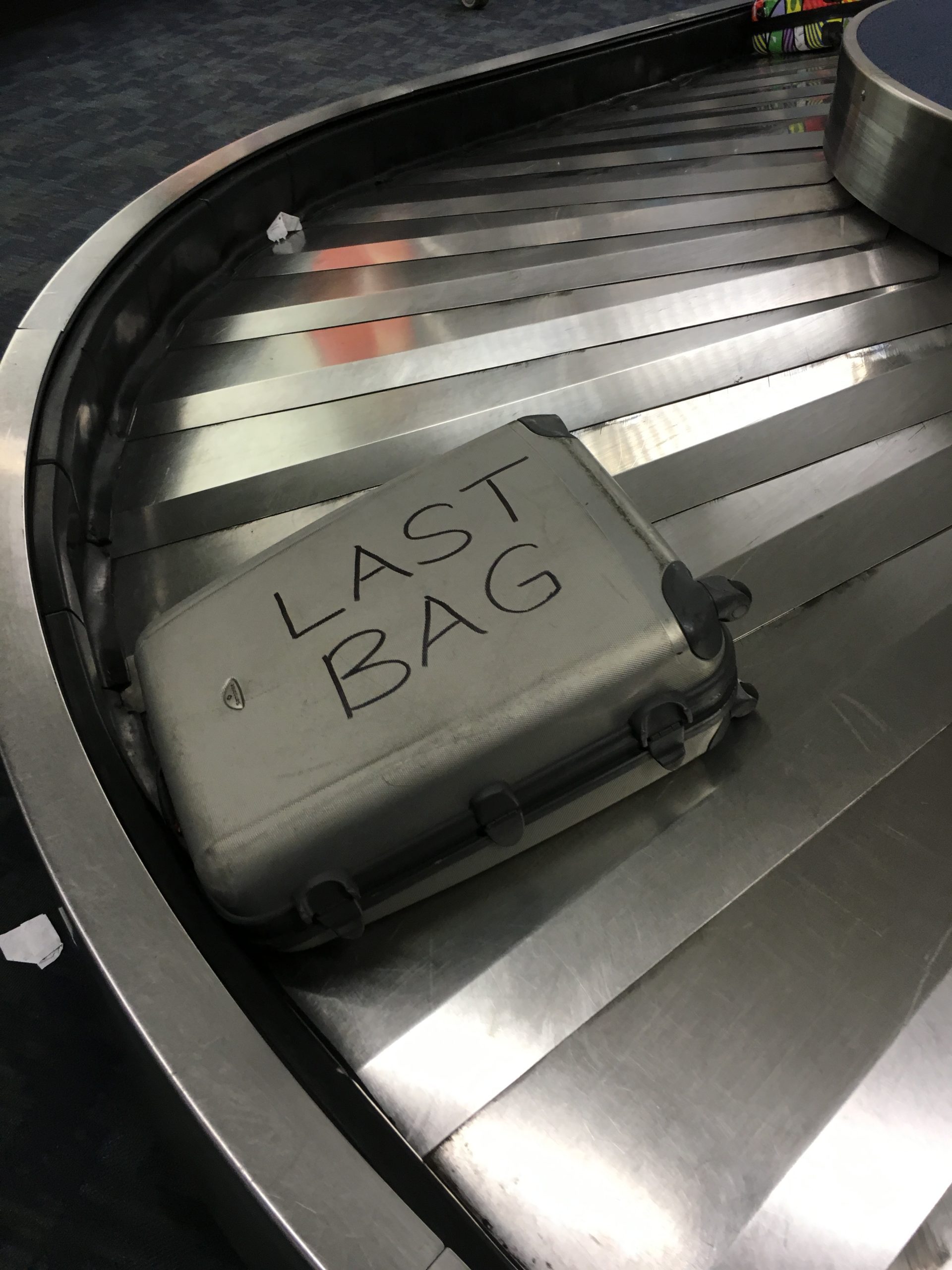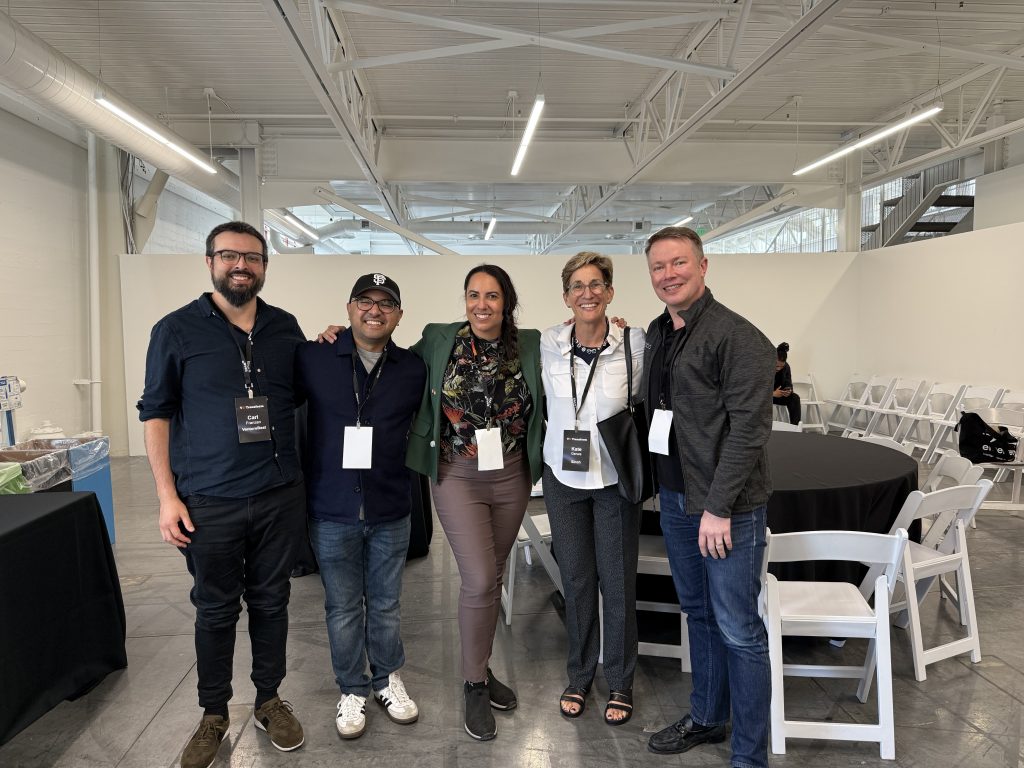
Josh Hamilton, CEO and co-founder of Bringsy
This article first appeared in PRNewser.
He beat Uber – in its own backyard.
Josh Hamilton’s three-year-old company Bringsy beat out the transportation giant to connect restaurants in San Francisco’s Tenderloin district to diners hungry for a new delivery option.
The San Francisco Chronicle covered the news, quoting him. But that was it. The San Francisco Chronicle was the only publication to cover Bringsy’s success.
“I wish people knew how hard I work,” Hamilton said. “I work nearly every single day and work 12-hour days. I started the company in a garage and grew it to ‘seven-figure revenue’ in 3 years – all without raising any venture capital.”
Now that Hamilton is considering courting investors, he knows he will have to find a PR agency.
“The question is, who do I pick?” he said.
Kamini Ramani hears that question a lot. She is the vice president of marketing for Mayfield, the venture capital firm backing companies like Lyft, Marketo, SmartRecruiters, and BigPanda. When CEOs decide to build their company image, they ask her who they should hire: a large full-service PR firm or a smaller boutique agency.
“I recommend that our early-stage companies partner with focused smaller agencies, as the advantage of being a big fish in a small pond is unbeatable, and they are more likely to find sector experts to represent their company there,” Ramani said.
“A solo PR practitioner is the best choice when I just need to get a project done, whereas I would search out a boutique firm when I want a thought partner and company advocate,” said Kasey Byrne, vice president of marketing at Postman Labs. “Working at a startup, I would rarely consider a large agency – speed of execution and agility are crucial.”
“For comprehensive rebrand initiatives, a larger agency with multiple areas of expertise can be helpful,” said Mollie Allick, vice president of marketing for Mixt. “For example, when we re-branded Mixt Greens to Mixt we were looking at all touchpoints from our website, to email communications, to photography, to voice to our store designs. With that kind of breath of scope, a larger agency ensures that all areas of expertise are working together so that the end result is seamlessly expressed across all touchpoints.”
“I prefer a boutique agency that has bandwidth and resources to help me move my PR agenda forward in an efficient manner,” said Mandy Dhaliwal Rao, Chief Marketing Officer of Fugue. “It’s important that my agency has technical depth, experience and understanding of my ecosystem since my target audience encompasses technical and business decision makers. Knowing how to time and message effectively to each constituency is an art form in B2B tech PR. Very few agencies can really do this well. When you find one, hold on tight!”
“It’s important to work with an agency that not only understands the technical concepts but also the slight nuances that would make your product or service special,” said Bill Barry, the EVP of Serro. “Jumbled acronyms, mispitched angles, and confused writers can be an absolutely frustrating process, only to result in sub-par end results.”
For Priti Khare, director of public relations at Ebates, hiring the right agency means expanding your marketing team – as long as you find the right fit. “Most smaller companies and start-ups who are in the market for PR agencies have very limited, if any, in-house PR resources,” Khare said. “In these situations, it is imperative to hire and onboard an agency who will act as an extension of your marketing team and not just another vendor. The right agency team should be able to provide strategic counsel and at the same time roll up their sleeves to do the heavy lifting required to pitch and place stories.”
Bospar Chief Content Officer and former Weber Shandwick SVP Tricia Heinrich has a unique perspective, as she has participated in the agency search process from both the client and agency sides. “First, I would advise clients to ask their professional contacts for agency recommendations; nothing beats a personal recommendation when seeking to establish a relationship whose success is largely dependent on chemistry.”
In general, she said, small agencies can be more responsive, affordable and results-driven. Clients looking for integrated marketing strategies, marketing research capabilities and global support should consider larger agencies. However, when evaluating small versus large agencies, don’t equate size with ability, she added. “It’s more important to identify an agency that is the right size for YOU. You don’t want to be an agency’s largest client, and you don’t want to be its smallest. That’s the sweet spot – where success is optimized.”
For his part, Hamilton knows what he’ll do next: “We would definitely go with a boutique firm over a large one. The next time I beat Uber, I want everyone to know about it.”




